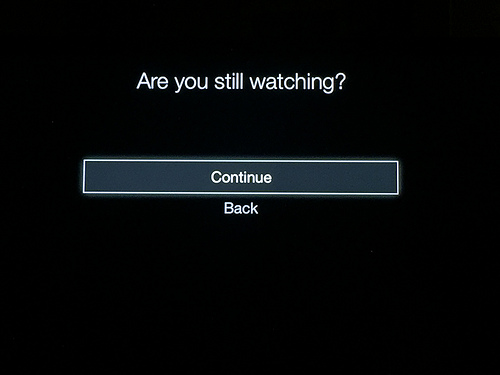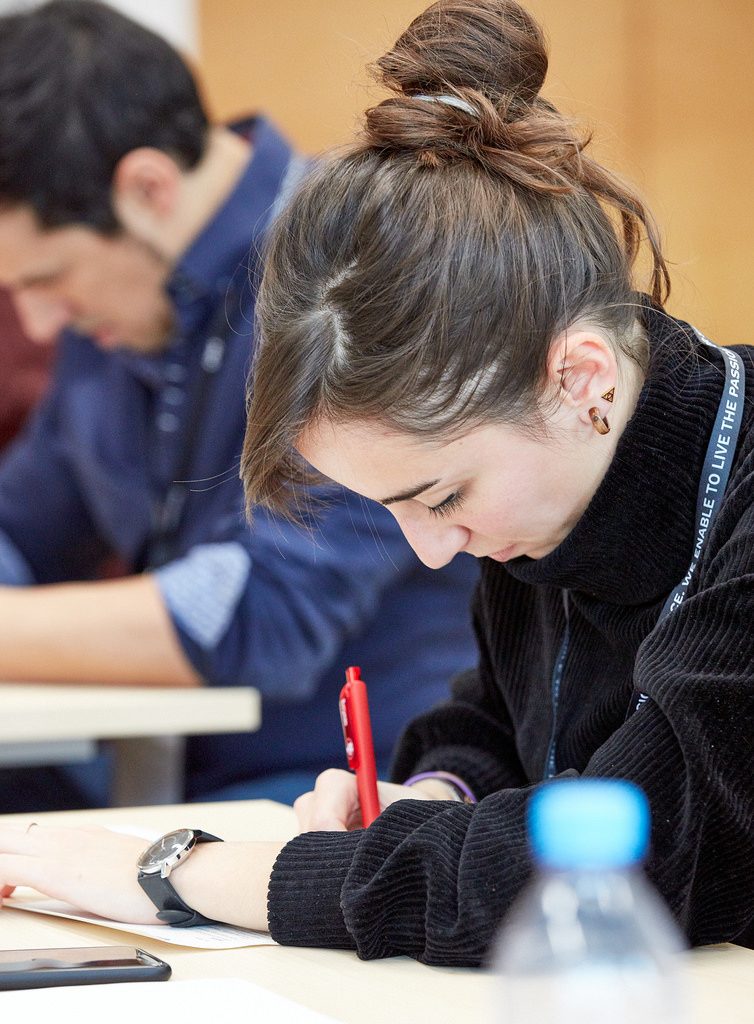The debate, “Openness and sharing in schools is unfair to our kids”, honestly confused me about what exactly the topic was discussing. Was it discussing if children should be open to share their thoughts with their teachers and peers? Or was it discussing if teachers and students should be able to post their classwork online? The answer? Well, this week my fellow classmates Ashely and Dryden debated the topic along the line of posting classwork online.
The Agreement Side.
Ashley argued to agree the idea of openness and sharing is actually unfair to our kids. In our class discussion, multiple reasons were brought up why this debate should be agreed.
- Student consent may not be given to post work
- Students may not give permission to the teacher or anyone else to post their work online.
- Students may be embarrassed to have their work posted online
- This may because they believe their work was done poorly or the assignment may go against their own beliefs and values
- Cyberbullying may occur
- Once something is online, it may be difficult to take down
- Even if something is taken down, it can be saved easily with the click of a button or can be screenshotted or screen-recorded where the user is unaware of such activity
- Do teachers have good judgements on what is acceptable to be posted online?

Aside from points brought up in class, Ashley provided us with a few articles also shedding light onto this side of the debate. The first article, “Teens Speak: Should Students Publish their School Work Online”discusses the idea of plagiarism. The author brings up the point that someone is capable to copy someone else’s entire assignment if they find it online. Is that fair to the student who put hours of effort into an assignment to have it plagiarised by someone else unknowingly just because the teacher chose for the assignment to be published online? I don’t think so. The teacher of the student who plagiarised the work may not even realize the work is plagiarised if they are unable to find it online (I know I can read an article one day online and then loose it the next day, so what if the teacher cannot find the original work?).
The second article, “Should You Use Student Photos Online?”discusses the impotency of online photo sharing. Cyberbullying is a concern for many and for a classroom lesson, a teacher may choose to watch the film Cyberbully which is a great depiction (at least in my opinion) of cyberbullying and the effects to ones’ mental health. I would go into depth in this portion of the post to educate one on how to avoid cyberbullying and how to safely post photos of students on your classroom social media platforms but I believe the article does a great job of explaining and demonstrating examples of what to do and what not to do that one should simply read the quick article. It takes 5 minutes maximum and is worth every second.

Lastly, “The Pros and Cons of Sharing Your Kids Photos Online” talks about what happens if your child does not want their photos online and their parents created their digital identity for them. To begin, the article discusses how innocent at the time baby photos can affect students when they are applying for post-secondary education or employment. In fact, the article states “75% of companies have hiring policies that encourage recruiters to examine an applicants’ online reputation”. Here a couple questions I have to ask you…
- Would you like your future employer seeing a photo of 2-year-old you laying naked in the bathtub?
- Do you want all your parents random Facebook friends seeing that?
I wouldn’t. I’d be embarrassed.
The Disagree Side
Dryden argued the disagreement side of this debate. Just as Ashley came in swinging, Dryden did not disappoint either. In class, we discussed the following:
- Students have the ability to share what they have learnt
- Students are able to demonstrate to others their growing knowledge
- Teachers must be willing to be open all the time
- Document Learning
- This is a way for students, peers, teachers and parents to watch a child grow within academics
- Teachers are able to take pictures of assignments/projects without names of students or pictures of the students
- Ensures the student’s privacy if done correctly

Also, “Openness to Ideas, Perspectives and Change Yields Trust in the Classroom” enlightens the idea of “when we see openness, we see possibility and hope,”. This article discusses how being open, allows for students to trust their teachers more. I believe this is true. I look at my former teachers, the ones who shared information about themselves and asked us questions regarding how a volleyball tournament went or how the trip to Mexico was, those were the teachers I felt I could confide to when I needed to.

In conclusion to the disagreement side, I highly recommend reading “Pedagogical Documentation: Opening Windows onto Learning”. The main message is “the goal is documenting and valuing learners and learning”. This means having open communication with parents whether it being a simple email containing a picture of their child painting an art project or using a blog to show others what students are learning. Once I read the many reasons why to document learning and share with others I thought of something else. Say for instance students are learning about the water system and a parent of a student works at a hydro-power station. Let’s say this student does not tell their parents what they are learning because they are caught up in talking about recess activities, if this parent sees students are learning about hydro-stations, it may cause the teacher to contact the teacher and set up a tour of the hydro-power station because the parent is kept up to date with what students are learning. This can empower guest speakers to come into the classroom, parents to take their students on nature walks if they see their children are learning about different types of leaves and rocks, and many more endless possibilities all because parents are able to see what their students are learning.
The Verdict
In the end, I do not know where I agree. If I was to pick a side it would probably have to be the disagree side as I believe sharing work and ideas of students can inspire other teachers who see this work to facilitate similar ideas into their classroom. It helps teacher’s make learning more fun if they are able to try a variety of ideas since so many are available (just check out Pinterest, there are so many neat ideas for just bulletin boards). Here are a final few questions I would like to know your answer to:
- Do you believe students will try harder if they know their work will be public?
- Or will students feel pressure since anyone will be able to see this work?
- How would you address cyberbullies who comment on your students work?
- What would you share as a teacher?
Thanks for reading,
- Miss. Lang









